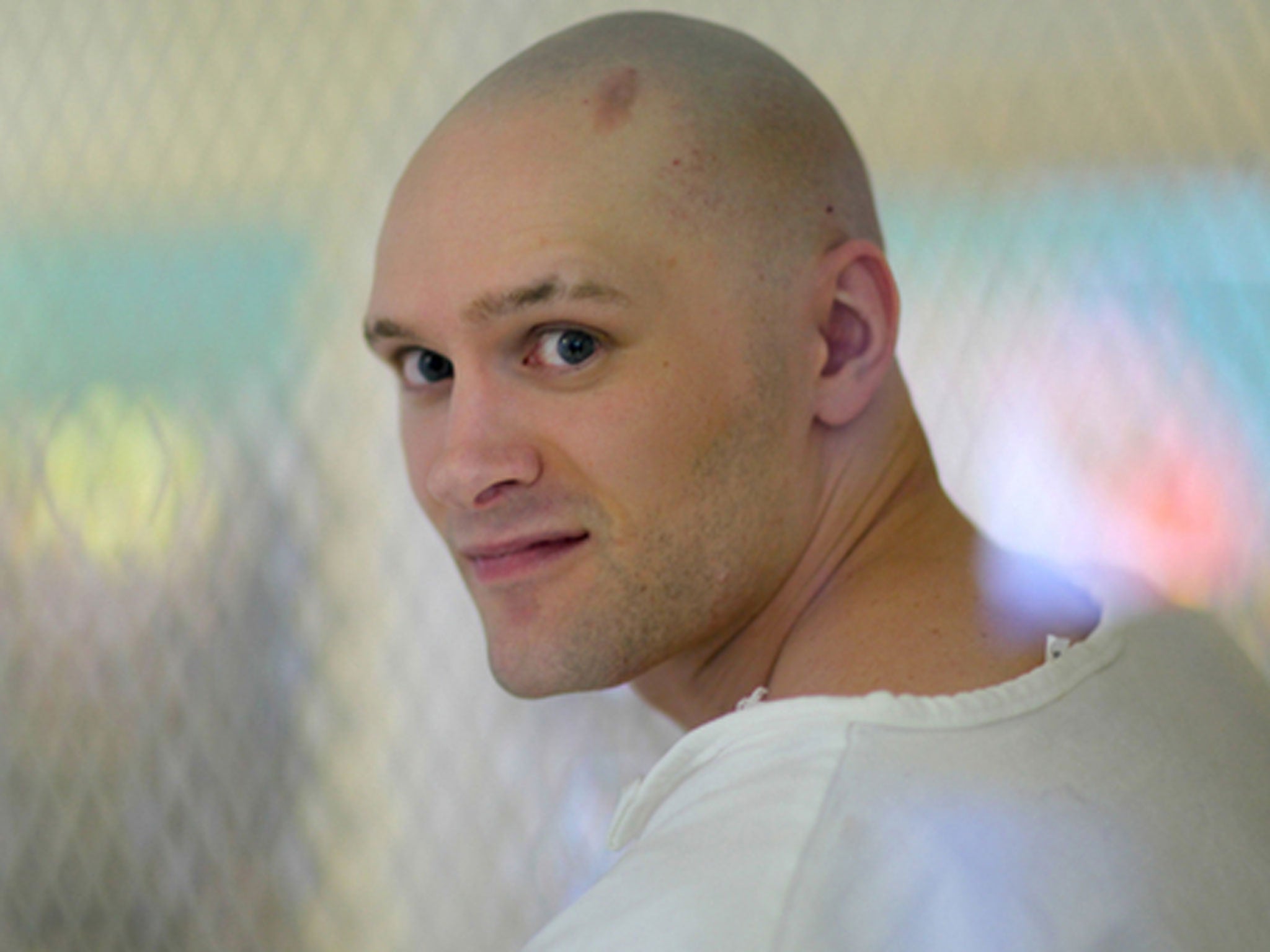Life and Death Row, review: Compelling case for BBC3 to stay on TV

Your support helps us to tell the story
From reproductive rights to climate change to Big Tech, The Independent is on the ground when the story is developing. Whether it's investigating the financials of Elon Musk's pro-Trump PAC or producing our latest documentary, 'The A Word', which shines a light on the American women fighting for reproductive rights, we know how important it is to parse out the facts from the messaging.
At such a critical moment in US history, we need reporters on the ground. Your donation allows us to keep sending journalists to speak to both sides of the story.
The Independent is trusted by Americans across the entire political spectrum. And unlike many other quality news outlets, we choose not to lock Americans out of our reporting and analysis with paywalls. We believe quality journalism should be available to everyone, paid for by those who can afford it.
Your support makes all the difference.The "villains" featured in last night's BBC3 documentary Life and Death Row were about to receive justice, but in this instance our feelings were complicated.
Like over half of death row inmates, Richard Cobb from Texas was a young man – just 18, in fact – when he committed the crime for which he was sentenced to die by lethal injection.
After a decade in prison, he seemed to understand his position in the eyes of the state: "I'm an unregenerable speck of cancer that needs to be excised from humanity before I grow and develop into something darker," he said.
Anthony Haynes, another young inmate nearing the scheduled date of his execution for the murder of an off-duty police officer, was in a better mood. Call it denial or call it religion, but even as they were dishing up his last meal, Hayne's still had an unshakeable faith he'd be delivered from the executioner's table.
Werner Herzog's On Death Row mini-series remains the definitive documentary on this topic, but director Ben Anthony had sense enough to borrow Herzog's powerful technique of letting the camera linger on the interviewee's faces after they'd finished speaking. It's these moments that haunt the viewer long after the credits have rolled.
Life and Death Row is not only a cleverly structured, well-balanced look at both sides of the death penalty argument.
A documentary of this quality also makes a compelling case for BBC3's own stay of execution.
Join our commenting forum
Join thought-provoking conversations, follow other Independent readers and see their replies
Comments